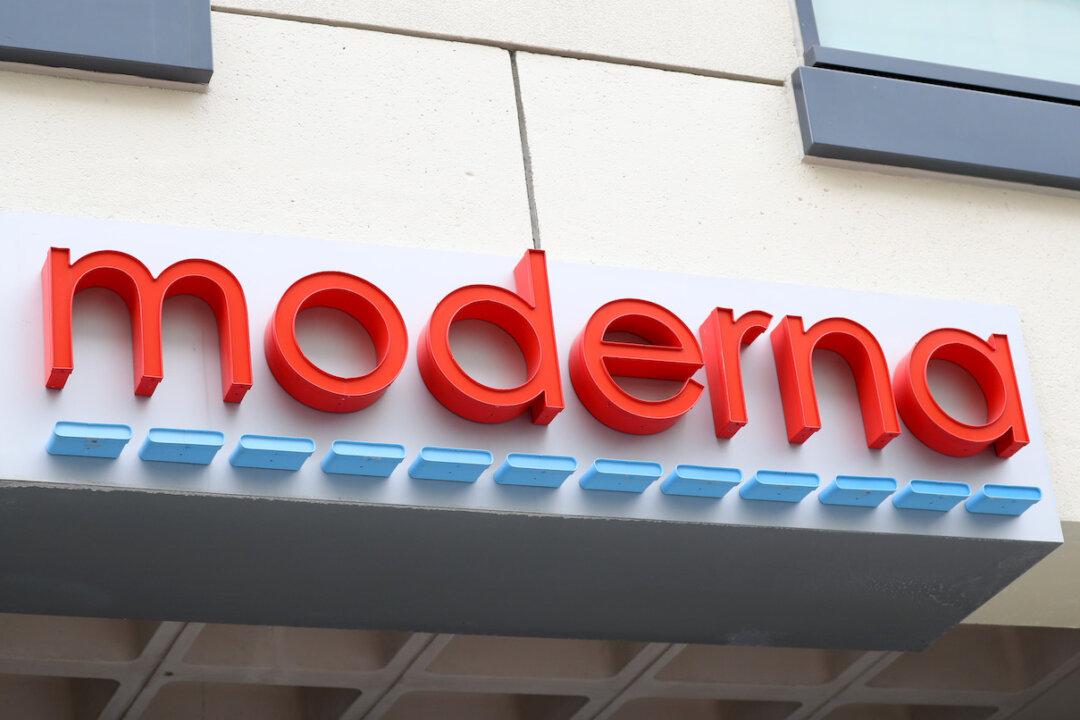The U.S. Food and Drug Administration (FDA) has granted a “breakthrough therapy” designation to Moderna’s personalized mRNA skin cancer vaccine combined with a drug by Merck for treating patients with high-risk melanoma.
The “breakthrough therapy” designation has been granted to Moderna’s mRNA-4157/V940, an investigational personalized mRNA cancer vaccine, in combination with Merck’s anti-PD-1 therapy KEYTRUDA for “the adjuvant treatment of patients with high-risk melanoma following complete resection,” according to a news release on Feb. 22. The designation was based on positive data from the phase 2b trial.





